Haloacetic acids (HAA9)
Pella Water Works Department
Haloacetic acids are formed when disinfectants such as chlorine are added to tap water. The group of nine haloacetic acids includes monochloroacetic acid, dichloroacetic acid, trichloroacetic acid, monobromoacetic acid and dibromoacetic acid, which are regulated as a group by the federal government (HAA5); and bromochloroacetic acid, bromodichloroacetic acid, chlorodibromoacetic acid, and tribromoacetic acid. Read More.
Haloacetic acids are harmful during pregnancy and may increase the risk of cancer. Haloacetic acids are genotoxic, which means that they induce mutations and DNA damage. Multiple studies by the National Toxicology Program have demonstrated the cancer-causing properties of individual haloacetic acids in laboratory animals. The Department of Health and Human Services is currently considering listing di- or tri-haloacetic acids for possible inclusion in its comprehensive Report on Carcinogens
Samples
Samples exceeding legal limit (MCL)
Samples exceeding
health guidelines
Testing results - average by year
| Year | Average result | Samples taken | Detections | Range of results |
|---|---|---|---|---|
| 2013 | N/A | 0 | 0 | N/A |
| 2014 | N/A | 0 | 0 | N/A |
| 2015 | N/A | 0 | 0 | N/A |
| 2016 | N/A | 0 | 0 | N/A |
| 2017 | N/A | 0 | 0 | N/A |
| 2018 | 0.254 ppb | 8 | 5 | ND - 0.600 ppb |
| 2019 | N/A | 0 | 0 | N/A |
ppb = parts per billion
State and national drinking water standards and health guidelines
EWG Health Guideline 0.06 ppb
The EWG Health Guideline of 0.06 ppb for the group of nine haloacetic acids, or HAA9, was defined in a peer-reviewed scientific study by EWG and represents a one-in-a-million lifetime cancer risk level as . This health guideline protects against cancer.
ppb = parts per billion
All test results
| Date | Lab ID | Result |
|---|---|---|
| 2018-03-13 | 632817 | 0.600 ppb |
| 2018-03-13 | 632816 | 0.340 ppb |
| 2018-03-13 | 632815 | 0.320 ppb |
| 2018-03-13 | 632814 | 0.320 ppb |
| 2018-09-10 | 710609 | ND |
| 2018-09-10 | 710610 | ND |
| 2018-09-10 | 710611 | 0.450 ppb |
| 2018-09-10 | 710612 | ND |
